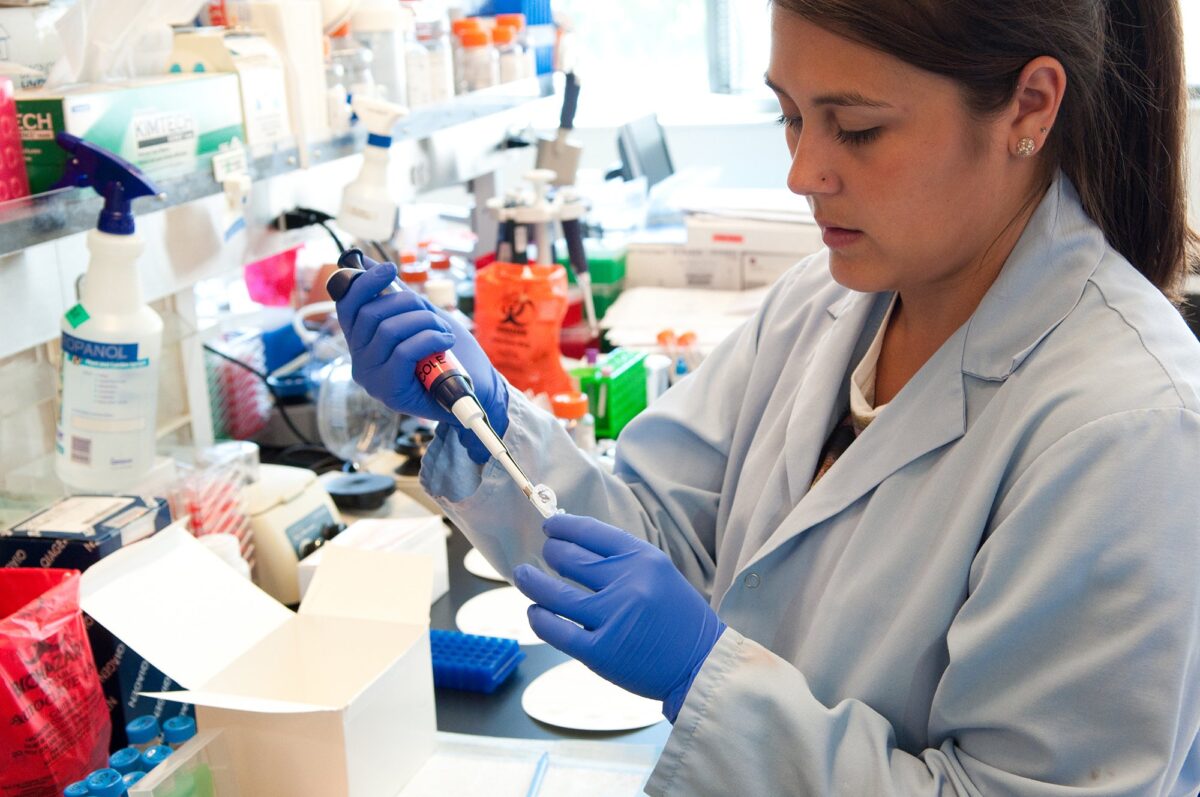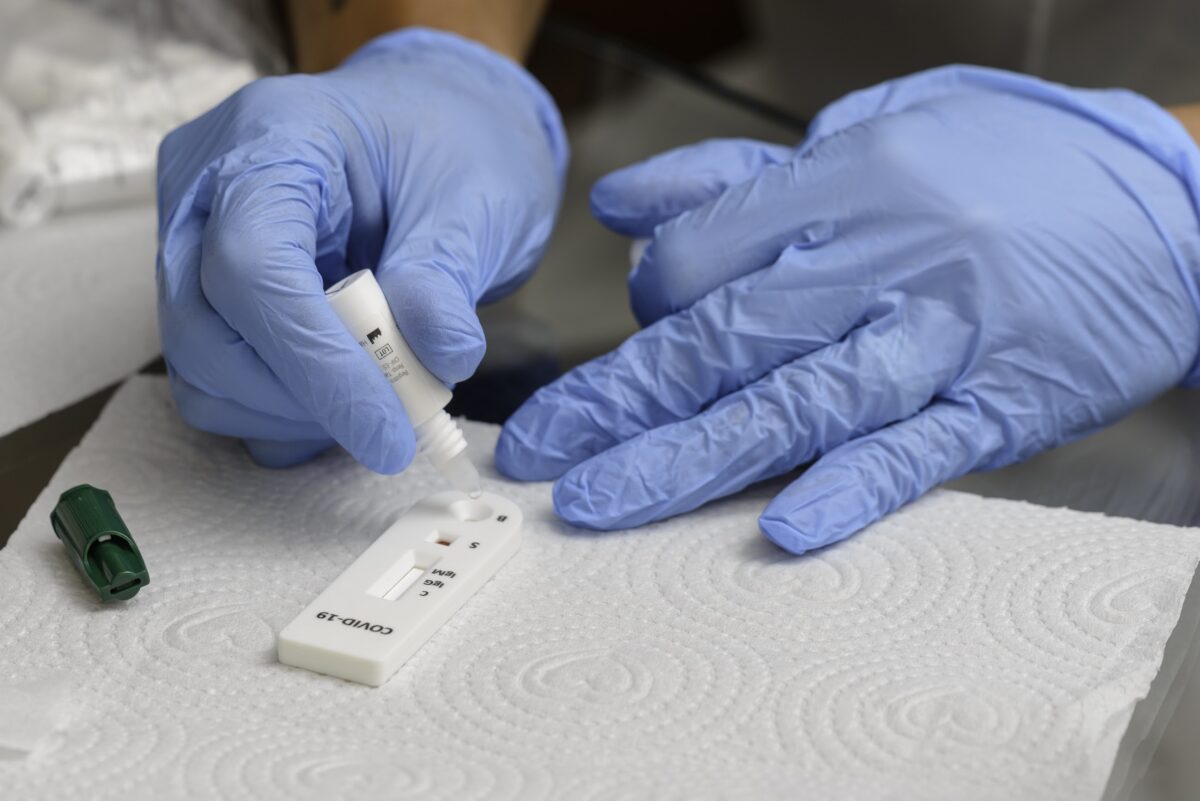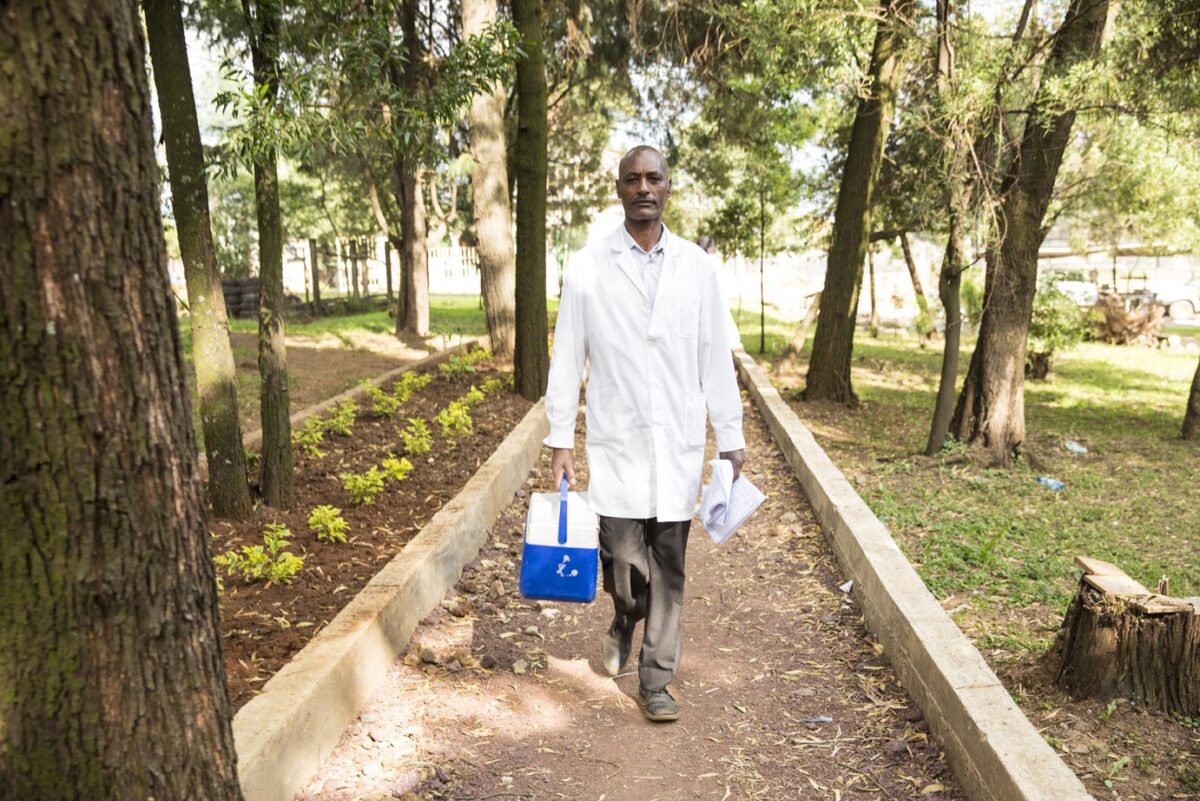This WHO webinar, part of its Health Emergencies Programme, is a public health laboratory that focuses on immunity against SARS-CoV-2 infections and seroprevalence surveys.
WHO technical officer Dr Céline Barnadas and research scientist Dr Sheick Oumar Coulibaly introduced panelists who spoke on the following topics:
- WHO technical officer Dr Lorenzo Subissi presented an update on COVID-19 natural immunity.
- WHO technical officer Dr Isabel Bergeri gave an overview on the global Unity Studies WHO has conducted in 97 countries. She discussed transmission dynamics, severity, risk factors and immunity/serological surveillance.
- WHO South Sudan country preparedness and IHR (CPI) officer Dr Joseph Wamala spoke on seroprevalence of SARS-CoV-2 in Juba, South Sudan, 2020, highlighting the country’s experiences and lessons learnt.
- Professor Dejan Bokonjić, of the University of East Sarajevo, Bosnia Herzegovina, spoke on the seroprevalence of COVD-19 infection of the population of the Republika Srpska area.
Translations of the September 2021 presentation are available in Arabic, French, Portuguese, Russian and Spanish.



